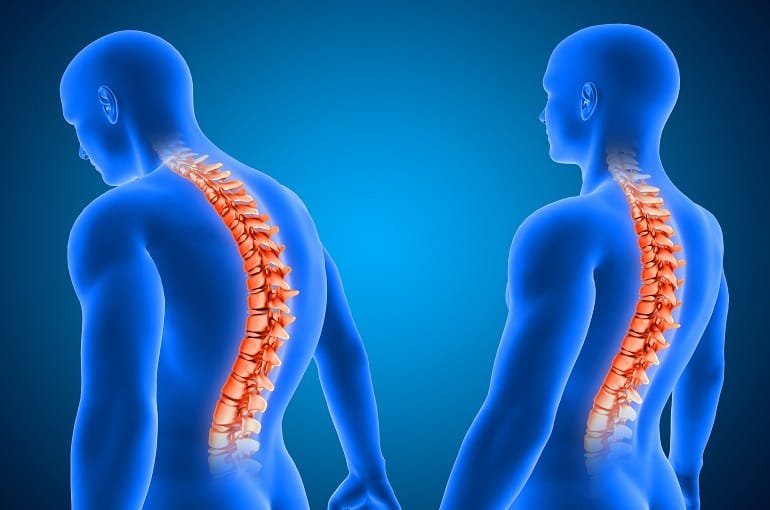Good posture isn’t just about looking confident—it’s a vital part of keeping your spine healthy. The spine is the central support structure of the body, and poor posture can put unnecessary stress on muscles, ligaments, and joints. Over time, this strain may lead to chronic pain, stiffness, or even long-term spinal problems. Understanding the role posture plays in spinal health is the first step toward protecting your back for life.
Why Posture Matters:
The spine has a natural “S” curve that balances the body and absorbs shock. When we sit, stand, or move with poor posture—like slouching, leaning forward, or hunching over screens—this natural alignment is disrupted. The result is added pressure on spinal discs, reduced flexibility, and a higher risk of injury.
Common Causes of Poor Posture:
Prolonged Sitting
Spending long hours at a desk, in front of a computer, or watching screens encourages slouching and rounded shoulders, which disrupt spinal alignment.Weak Core and Back Muscles
The core and back muscles act as stabilizers for the spine. When they’re weak, the body struggles to maintain proper posture, leading to slumping or leaning.Poor Ergonomics
Chairs without proper lumbar support, desks that are too high or low, and screens not positioned at eye level all contribute to unhealthy posture.Heavy Bags and Backpacks
Carrying heavy or unevenly distributed loads—especially on one shoulder—creates imbalances and strains the spine.Excessive Screen Time
Constantly looking down at phones, tablets, or laptops leads to “tech neck,” a forward head posture that stresses the cervical spine.Lack of Movement
A sedentary lifestyle reduces flexibility and weakens muscles, making it harder to maintain correct posture throughout the day.
Benefits of Good Posture for Spine Health
Reduces Back and Neck Pain
Proper posture keeps the spine aligned in its natural “S” curve, distributing body weight evenly. This minimizes strain on the muscles, joints, and ligaments, reducing the risk of chronic pain.Supports Healthy Spine Alignment
When posture is correct, the spinal discs and vertebrae remain in their ideal position, preventing unnecessary wear and tear that could lead to long-term problems like herniated discs or arthritis.Improves Breathing
An upright posture allows the lungs to expand fully, making breathing easier and more efficient. Slouching compresses the chest cavity and reduces oxygen intake.Boosts Circulation and Digestion
Good posture prevents compression of blood vessels and internal organs, supporting better circulation and smoother digestion.Increases Energy Levels
Poor posture forces muscles to work harder to keep the body upright, leading to fatigue. Proper alignment reduces unnecessary strain and helps conserve energy.
Tips for Maintaining Good Posture:
While Sitting
Keep feet flat on the floor.
Sit back with support from the chair’s backrest.
Keep knees at hip level or slightly lower.
Place screens at eye level to avoid hunching.
While Standing
Stand tall with shoulders relaxed but not slouched.
Distribute weight evenly across both feet.
Avoid locking knees.
While Sleeping
Use a medium-firm mattress.
Sleep on your back or side, not your stomach.
Place a pillow under the knees (back sleepers) or between the knees (side sleepers) for proper spinal alignment.
Exercise and Strengthening:
Strengthen core muscles to support the spine.
Stretch regularly to release tight muscles.
Try posture-friendly activities like yoga, Pilates, or swimming.
Conclusion:
Posture is more than a habit—it’s a foundation for spinal health. By making small but consistent changes to how you sit, stand, and move, you can protect your spine, prevent pain, and improve overall well-being. A healthy spine begins with awareness, and awareness begins with posture.
Early awareness and preventive care go a long way in ensuring spinal stability, flexibility, and strength throughout life. Consult our Dr. Sreenath Rao Jakinapally for expert spine care.
Taking care of your spine today means investing in a healthier, pain-free tomorrow.


Recent Comments